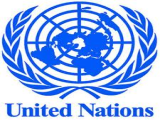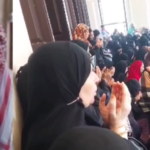Public private partnerships (PPP) projects in the road and power sectors are most prone to corruption, with private partners evading revenue-share due to the government emerging as the biggest menace, says a United Nations’ body has found.
The UN Office on Drugs and Crime (UNODC) has also flagged loopholes in the ability of the country’s legal system to curb such graft, and suggested that private partners in PPPs be designated as public officials to make them accountable under the Right to Information Act. This would also bring such projects under the proposed laws to protect whistleblowers and guarantee service delivery to citizens. The study reviewed the country’s preparedness to deal with such corruption in its report on ‘Probity in Public Procurement,’ and underlined that such spending from the exchequer accounts for 20-30 percent of GDP much higher than the 15 percent of global GDP spent on public procurement.
Over the past decade, the government has awarded around 758 PPP projects, worth nearly Rs 4 trillion in core sectors such as roads, energy and airports as well as developmental sectors like education and healthcare. But as the UN has pointed out, there is no central law to govern either PPPs or public procurements. Between 2012 and 2017, the government aims to invest $1 trillion in infrastructure creation, bulk of which is to come through the PPP route. This growing trend merits the need for legislation and procedures to address probity issues in PPPs, the UN report states. The UNODC reached out to 400 private sector and government officials to assess the ground realities on corruption in PPPs, but just 100 responded. Most entities were silent, reticent or cautious in their responses to (queries about corruption).
Despite its limitations, the findings are illuminating. While 42 percent of firms feel roads and power are the sectors most prone to corruption,75 percent of government officials perceived these two sectors as hotbeds of graft. Nearly 87 percent private players said bidding norms and tender criteria are rigged to suit certain bidders, to which over 44 percent of babus agreed. Over 56 percent of babus attributed misrepresentation of revenues and facts by private partners
and bidders as the most common route of corruption
































